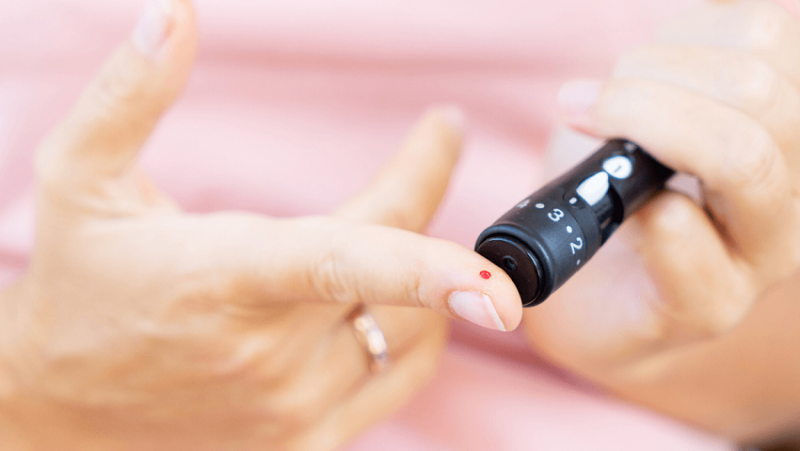
In a major breakthrough, Chinese scientists have successfully cured a diabetes patient using a pioneering cell therapy, making him medicine-free in just three months. This remarkable achievement was the result of collaborative efforts by teams from Shanghai Changzheng Hospital, the Centre for Excellence in Molecular Cell Science under the Chinese Academy of Sciences, and Renji Hospital. Their findings were published in the journal Cell Discovery on April 30.
Patient's Remarkable Recovery
According to a report by the South China Morning Post, the patient underwent a cell transplant in July 2021. Astonishingly, within eleven weeks, he no longer required external insulin. By the end of the first year post-treatment, the patient had gradually reduced and eventually ceased taking oral medications for blood sugar control. "Follow-up examinations revealed that the patient’s pancreatic islet function had been effectively restored," said Yin, one of the lead researchers. As of now, the patient has been insulin-free for 33 months.
Significance of the Breakthrough
This breakthrough represents a significant advancement in the field of diabetes treatment through cell therapy. Timothy Kieffer, a professor at the University of British Columbia, commended the study, stating, "I think this study represents an important advance in the field of cell therapy for diabetes."
Diabetes, a chronic condition affecting the body's ability to process food into energy, can lead to severe complications if not properly managed. Traditional treatments include insulin injections and constant monitoring, which can be burdensome for patients.
Innovative Cell Therapy Approach
The new therapy involves programming the patient's peripheral blood mononuclear cells to transform them into "seed cells," which can regenerate pancreatic islet tissue in an artificial environment. This method harnesses the body's regenerative potential, a growing area known as regenerative medicine. "Our technology has matured and has pushed boundaries in regenerative medicine for diabetes treatment," Yin explained.
Implications for China's Healthcare
China has the highest number of diabetes patients globally, presenting a significant healthcare challenge. According to the International Diabetes Federation, 140 million people in China have diabetes, with 40 million relying on lifelong insulin injections. The new cell therapy could potentially alleviate this burden.
Kieffer noted that if larger studies confirm the effectiveness of this cell therapy approach, "it can free patients from the burden of chronic medications, improve health and quality of life, and reduce healthcare expenditures." However, he stressed the need for further research involving more patients to validate these promising results.
How should diabetic patients take care while travelling, know from experts
The Surprising Link Between Sleep and Weight Loss: How to Shed Pounds While You Snooze